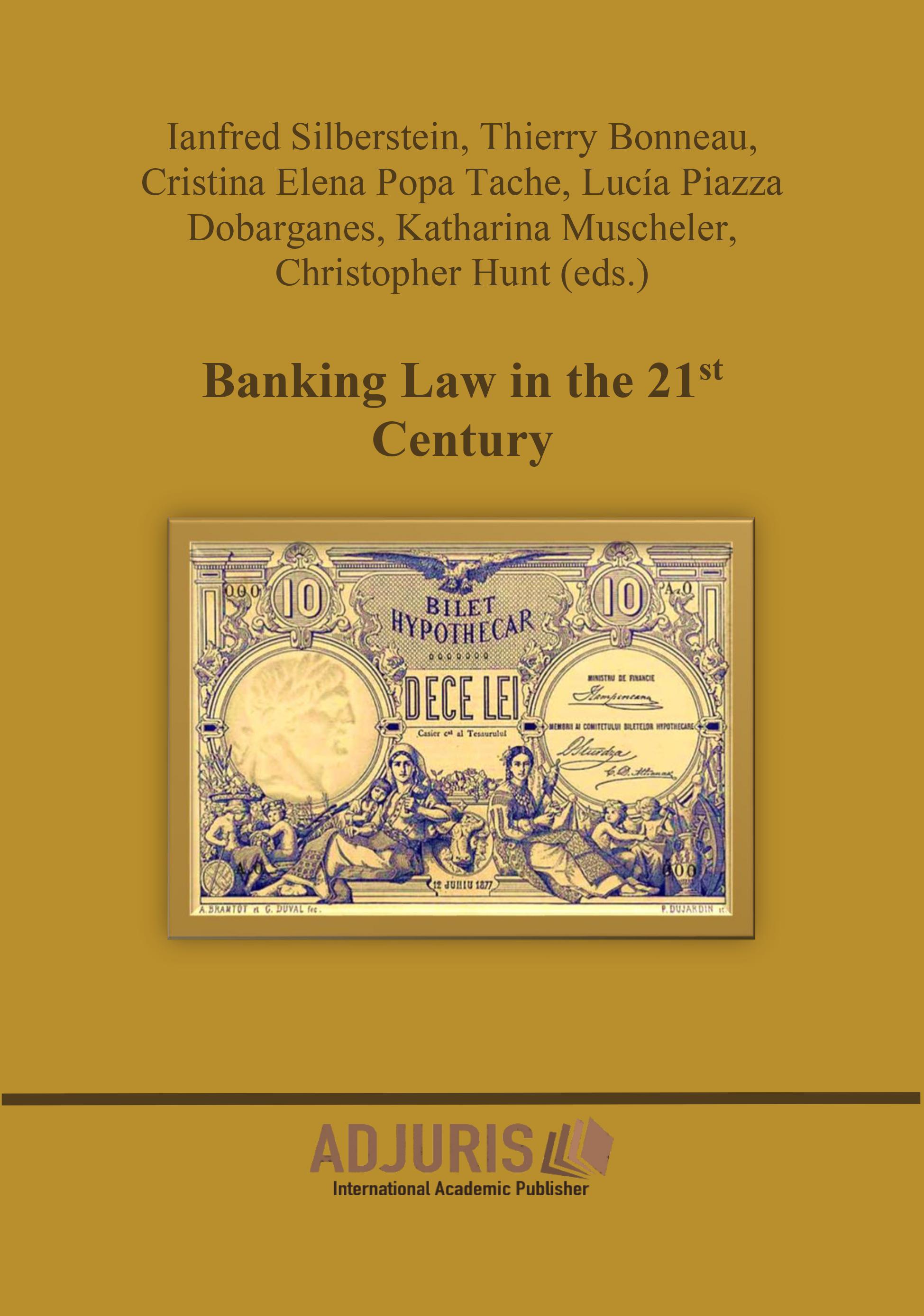A contemporary overview of the factoring agreement
A contemporary overview of the factoring agreement
Author(s): Sónia de Carvalho
Subject(s): Law, Constitution, Jurisprudence, Law on Economics, Commercial Law
Published by: Societatea de Stiinte Juridice si Administrative
Keywords: factoring; financing; contract; Portugal;
Summary/Abstract: Modern factoring resulted from the adaptation, in the 15th and 16th centuries, of the Atlantic trading posts to the commercial activity between England and the United States, in which, by virtue of their intensity, commercial warehouses took on a more financial than commercial feature. In the course of this evolution, these intermediaries, in addition to the distribution and consultancy tasks, began to guarantee the fulfilment of the transaction (del credere factors), often granting advances to European producers on the price of goods before sold. The factors thus became known as the 'financiers of European industry'. This sophistication of the intermediary conceived in European merchant schemes was at the origin, between the 16th and 19th centuries, of the colonial factoring, the predecessor of the modern factoring, in which the factor, in addition to distributing the products of European exporters, with special focusing on the textile field, in the New World markets, start collecting its credits, which in the meantime were assigned to it, and financing, through the provision of advances on sales. Later, colonial factoring gave way to old line factoring, which has assumed since the beginning a financial nature, providing a new range of services. In the old line classic scheme, the factor thus assumes four essential tasks: collection and management of assigned credits; provision of consultancy services; financing through the granting of advances on assigned credits and guarantee of the debtor's compliance and solvency. The financing role is undoubtedly one of the main reasons that motivate the use of this contract. Indeed, the need to attain financing, in addition to banking, with a greater incidence in times of credit restriction, is pointed out by many authors as one of the main justifications for the use of factoring in Europe. The crisis currently experienced worldwide following the Pandemic COVD 19 and the role that this contract can play in the economic recovery, through the financing the SMEs, justifies the analysis of the evolution of this contract, as well the legal framework in Portugal.
Book: Banking Law in the 21st Century
- Page Range: 87-115
- Page Count: 29
- Publication Year: 2021
- Language: English
- Content File-PDF

